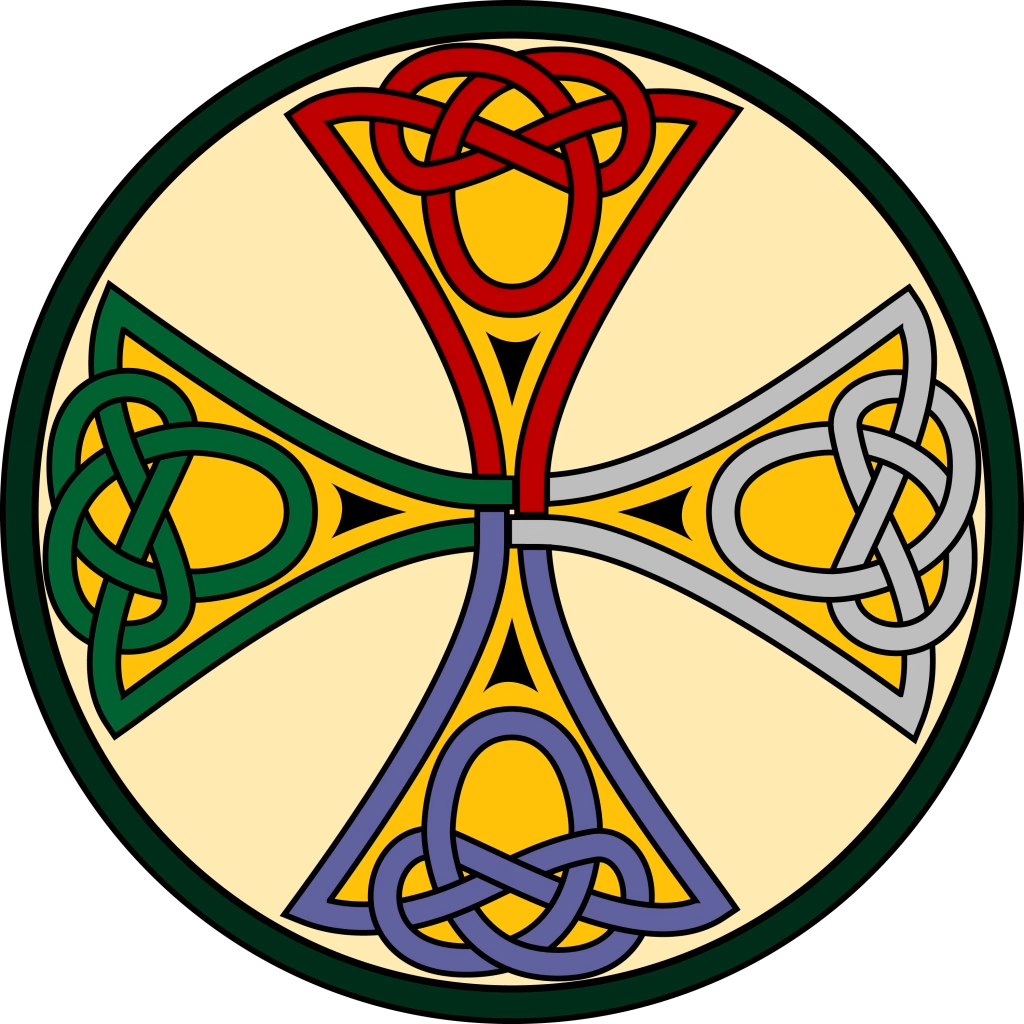An overview of Myalgic Encephalomyelitis/Chronic Fatigue Syndrome (ME/CFS)
Chronic fatigue syndrome (CFS) is a frequently misunderstood and under-diagnosed illness. It is also referred to as myalgic encephalomyelitis (ME). The term is used instead of chronic fatigue syndrome in several countries worldwide. It is gaining traction with researchers and others in the United States. Advocates feel that “chronic fatigue syndrome” inaccurately describes the syndrome. Patients have also expressed frustration with the name “chronic fatigue syndrome” because it is easily misunderstood as just being overly tired, leading to employers and family members doubting the veracity of their inability to function in their daily lives. In reality, ME/CFS is associated with debilitating fatigue that doesn’t seem to get any better with rest. ME/CFS can keep sufferers from working, attending school or doing everyday activities. And sadly, ME/CFS can last for years, robbing patients of their ability to function for long periods of time.
To make things worse, roughly 90 percent of people with ME/CFS have never been diagnosed with this illness. One reason it’s so under-diagnosed is because ME/CFS is a syndrome, which means that it can have a wide variety of symptoms and can be experienced in different ways by each patient. In addition, because the manifestation of ME/CFS can be so varied and misunderstood, it can take health providers a long time to untangle the symptoms and diagnose this condition in a patient, if it’s diagnosed at all.
Common Symptoms
While ME/CFS is associated with many different symptoms, some of the most common include:
- Crushing fatigue that doesn’t seem to improve
- A loss of ability to do daily activities
- Post-exertional malaise (PEM), which is when doing everyday activities aggravate fatigue and other symptoms
- Sleep difficulties
- Cognitive issues, such as brain fog or memory loss
- Painful or achy joints
- Muscle weakness
- Recurring sore throats
- Chronic headaches
- Dizziness triggered by positional changes
- Digestive issues
- Temperature dysregulation, such as chills or night sweats
- Tender lymph nodes, most commonly in the armpits or neck
Stress or infection may be causes
The cause of ME/CFS isn’t clear, but experts have some theories. For example, many patients with ME/CFS remember that their symptoms started with a bout of what felt like the flu. Some scientists believe this points to some kind of infection or virus as the cause, most notably the Epstein-Barr virus. Another theory is that ME/CFS results from a perfect storm of many factors, such as stress, weakened immunity or an infection that may initiate the onset of symptoms.
Many ME/CFS patients describe undergoing a great deal of physical or emotional stress before becoming ill. And some scientists agree that ME/CFS may be caused by emotional stress that’s severe enough to weaken your immune system. They believe that stress can upset your brain’s hypothalamic-pituitary-adrenal axis (HPA axis). The HPA axis regulates your body’s hormones, including the stress hormones cortisol and adrenaline. Disruption of the HPA axis can also upset and weaken other body functions, most notably, your immune function.
There’s no cure for ME/CFS, so conventional treatment is focused on relieving symptoms. This may include treating depression, addressing sleep issues, and prescribing medications for pain. The symptoms of ME/CFS are generally most pronounced during the first year or two, and for many people, they get better with time. Some, however, report that they continue to struggle to recover their health and former level of function entirely.
Help for ME/CFS with Acupuncture and Chinese Medicine
The principles of acupuncture and Chinese medicine are based on energy or Qi. Essentially, to be healthy, you must have enough energy to support the functioning of your body’s many systems, and that energy must flow freely. When your body’s energy doesn’t flow, symptoms of blockage emerge, such as infections, menstrual clots, headache, painful joints, muscle spasms and tension. With ME/CFS, a lack of energy is the underlying source of symptoms. Not having enough energy to do everyday tasks or symptom aggravation after overdoing it are prime examples of energy/Qi depletion.
In treating ME/CFS with acupuncture, it’s important to understand the underlying cause of the energy depletion and to provide treatments to restore your energy to pre-ME/CFS levels. Several research studies* support the use of acupuncture in treating ME/CFS. Scientists have found that acupuncture can reduce physical and emotional fatigue, improve quality of life, increase physical functioning, decrease pain, help sleep, and improve mental health in patients with ME/CFS.
*Source: https://www.verywellhealth.com/acupuncture-for-chronic-fatigue-syndrome-715648
Chinese Herbal Medicine and Food Therapy also offer help
In addition to acupuncture, most practitioners of Chinese medicine are trained in the use of herbal medicine not only to augment their acupuncture treatments but also as a stand-alone therapy. Herbs may be used to boost energy, strengthen immunity, treat insomnia and reduce stress and other mental health symptoms. Good nutrition is also crucial for patients with ME/CFS, as your energy is produced from the food you eat. Chinese food therapy focuses on eating the right foods to support your health and promoting good digestion—both as a way to improve your energy. Herbal and nutritional therapies are based on each person’s specific needs, symptoms and health history.
Clearly, ME/CFS comes with many challenges, including getting a correct diagnosis. The good news is that acupuncture and Chinese medicine can offer effective natural treatment options. Contact our clinic if you want to know more about how Dr Vickery uses acupuncture and Chinese medicine to help her patients with ME/CFS.


